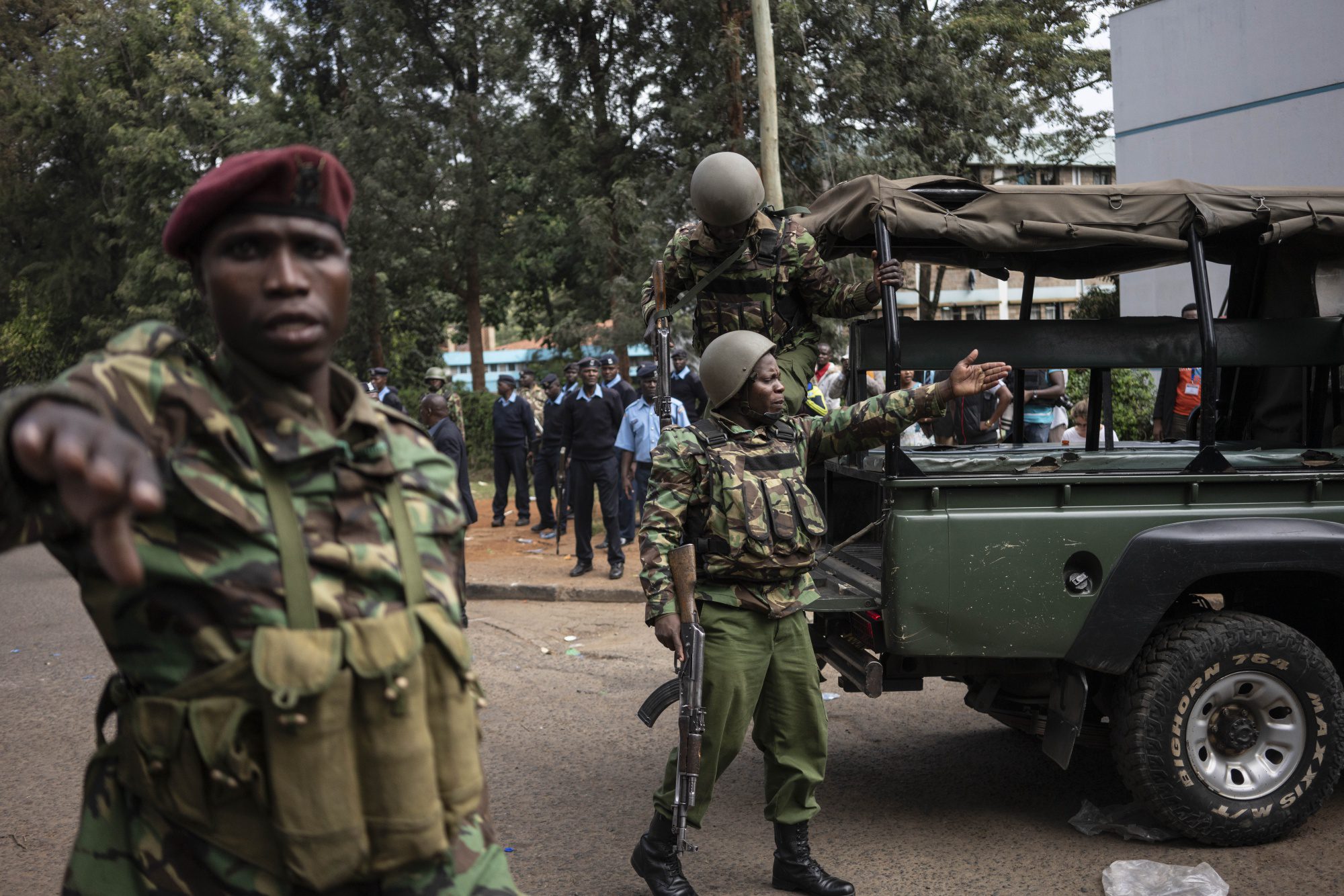Skift Take
After this week’s terror attacks in a Nairobi hotel complex, a question mark hangs over the continued growth of Kenya’s lucrative tourism industry. But tourists have been here before, and as long as there are no follow-up attacks, mass cancellations seem unlikely.
Tourism operators in Kenya are hopeful that this week’s terror attacks in Nairobi will have little impact on the country’s all-important tourism industry — but successive attacks in the past few years are causing new anxieties.
The Tuesday attacks in the capital city saw gunmen from the Al-Qaeda-linked terror group al-Shabab breach security gates at an upscale hotel complex in the Westlands district of the city. One of the key targets was the DusitD2 boutique hotel and adjoining restaurants. At least one Briton and one American have been confirmed dead, with dozens of locals and foreigners wounded.
In a statement on its website, Thailand-based Dusit Hotels said: “The local authorities have taken control of the complex and are dealing with the situation. We are in constant contact with the authorities and would like to thank them for their swift response. Our guests and upcoming reservations are being relocated to other hotels in the city, and the hotel is closed until further notice.”
In a statement on Wednesday, Mohammed Hersi, chairman of the Kenya Tourism Federation, reiterated that “the situation in Nairobi is calm and security is stable. All means of transport are operating normal schedules including the international airports in both Nairobi and Mombasa … we are also happy to report that all tourist circuits across Kenya are operating normally.”
That is reassuring for tourists already on the ground, but a question mark hangs over the fallout of this latest attack.
Kenya has suffered a series of similar attacks by al-Shabab militants in the past. In 2013, 60 people were killed when terrorists attacked the upscale Westgate shopping mall in Nairobi, while further incidents near the coastal town of Lamu led to a dramatic decline in visitor numbers. In 2015, 147 people were killed in an attack on Garissa University College in northern Kenya.
That atrocity was the catalyst for a dramatic plunge in the fortunes of Kenya’s tourism industry. Foreign governments warned citizens against travel to the country, major tour operators cancelled packages and charter flights, and hotels — particularly on the coast – were left empty.
Speaking to Bloomberg Robert Besseling, Executive Director of business intelligence consultancy EXX Africa, warned: “The latest attack on foreigners, international companies, and hotel assets is likely to trigger a fresh review of travel advisories by countries such as the U.S. that will have a significant impact on Kenya’s tourism sector.”
But Riccardo Orizio, chief executive officer and founder of the Saruni Kenya group of safari lodges, is confident that fallout will be limited. Ironically, because terror attacks have become so commonplace around the world.
“All the countries – or most of the countries – where our clients are coming from are, or have been, affected by similar or more serious terrorist attacks in the last six years,” said Orizio, who argued that the high-income tourists who visit the country’s national parks will understand “that events like this one are possible anywhere, and that Kenya is doing a remarkable job to handle its geopolitical situation.”
And until this latest attack, it had been the best of times for Kenya’s tourism industry.
Last week’s release of the Tourism Sector Performance Report 2018 showed a 37 percent jump in arrivals, to 2.025 million visitors, for 2018. The vast majority — 73 percent – were leisure tourists.
That impressive growth was largely thanks to the lifting of travel advisories by foreign governments, new product and improved connectivity.
At 225,157, (11 percent) the United States was the leading source market for foreign tourists arrivals. That trend looked set to grow further this year, following the October 2018 launch of direct flights between Nairobi and the United States, with a daily Kenya Airways service into New York’s JFK International Airport.
The Daily Newsletter
Our daily coverage of the global travel industry. Written by editors and analysts from across Skift’s brands.
Have a confidential tip for Skift? Get in touch
Photo credit: Armed soldiers patrol the streets of Nairobi this week after terror attacks that raise new questions about tourism in Kenya. Bloomberg
